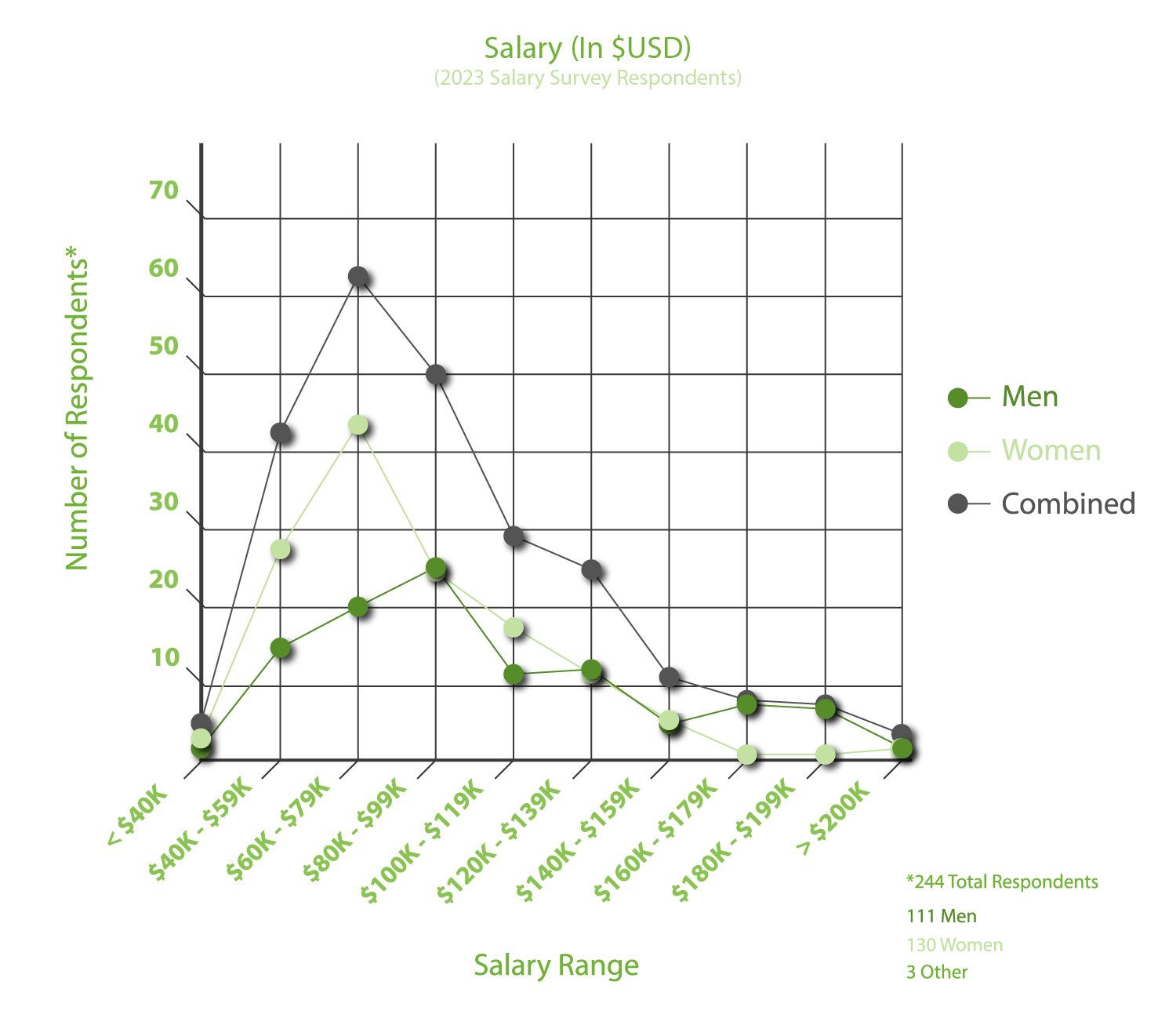Decoding The Salary Of Journalism: The Unsung Heroes Of The Media World
Ever wondered how much journalists actually make? The world of salary journalism is a fascinating labyrinth of numbers, negotiations, and underappreciated talent. It’s not just about chasing stories but also about chasing paychecks that match the dedication and hard work these professionals put in daily. In an era where information flows faster than ever, understanding the financial backbone of journalism is crucial. So, buckle up because we’re diving deep into the nitty-gritty of this often-overlooked aspect of the media industry.
Journalism isn’t just a career; it’s a calling. For many, it’s about uncovering truths, giving voice to the voiceless, and holding power to account. But beneath all the noble pursuits lies a practical reality: money. Yes, we’re talking about salary journalism – a term that brings together the art of storytelling and the science of paychecks. This article aims to shed light on how much journalists earn, what factors influence their salaries, and why this topic matters more than ever in today’s media landscape.
Whether you’re an aspiring journalist curious about the financial prospects of your dream job or a reader who wants to understand the economics behind the news you consume, this article has got you covered. We’ll explore everything from entry-level wages to the big bucks earned by seasoned reporters. So, let’s get started on this journey through the world of journalism salaries!
- Bolly4u Your Ultimate Destination For Bollywood Entertainment
- Movierulz 2025 Your Ultimate Guide To Streaming Movies Online
Understanding the Basics of Salary Journalism
What Exactly is Salary Journalism?
Salary journalism refers to the compensation structures within the journalism industry. It’s not just about how much a journalist earns but also about the factors that influence those earnings. Factors such as experience, location, media outlet, and even the type of content produced can significantly impact a journalist’s paycheck. For instance, a reporter covering breaking news might earn differently from someone specializing in investigative journalism.
Understanding salary journalism is crucial for anyone considering a career in media. It helps set realistic expectations and informs decisions about where to work and how to negotiate better pay. Moreover, it highlights the financial challenges faced by journalists, especially in an age where traditional media outlets are struggling to stay afloat.
Factors Influencing Journalist Salaries
- 4 Movierulz 2024 Ndash Your Ultimate Guide To Downloading Movies Legally
- Movierulz 2024 Your Ultimate Guide To Streaming Movies Like A Pro
So, what exactly determines how much a journalist earns? Well, it’s a mix of several key factors:
- Experience: The more years you’ve been in the game, the better your chances of commanding a higher salary. Entry-level journalists usually start with modest wages, but they can increase significantly over time.
- Location: Where you work matters a lot. Journalists in big cities like New York or London tend to earn more than those in smaller towns, partly due to the higher cost of living.
- Media Outlet: The reputation and size of the media organization play a huge role. Working for a major network or publication usually means better pay compared to smaller, independent outlets.
- Type of Content: Whether you’re writing features, conducting interviews, or covering sports, the type of content you produce can affect your earning potential.
These factors create a complex web that shapes the financial landscape of journalism. By understanding them, both journalists and readers can gain a clearer picture of the industry’s economic realities.
Breaking Down the Numbers: How Much Do Journalists Really Earn?
Average Salaries Across the Board
Let’s get down to brass tacks – how much do journalists actually make? According to recent data, the average salary for a journalist in the United States hovers around $46,000 per year. However, this number can vary widely depending on the aforementioned factors. Entry-level positions might start as low as $30,000 annually, while seasoned professionals at top-tier outlets can earn upwards of $80,000 or even more.
It’s important to note that these figures are averages and can differ significantly based on location and employer. For example, journalists in New York City might earn closer to $60,000, while those in smaller markets could see salaries closer to $35,000. These discrepancies highlight the uneven playing field within the industry.
Regional Differences in Journalist Salaries
Regional variations in journalist salaries are quite pronounced. In major metropolitan areas, where competition for talent is fierce, salaries tend to be higher. This is partly due to the higher cost of living but also reflects the greater resources and opportunities available in these locations. On the flip side, smaller towns and rural areas often offer lower wages, though they may come with a lower cost of living.
These regional differences can impact a journalist’s decision on where to work. While big cities offer more lucrative opportunities, they also come with higher expenses. Smaller markets might provide a better work-life balance but with less financial reward. It’s a trade-off that many in the industry must consider.
Challenges Facing Salary Journalism Today
The Decline of Traditional Media
The journalism industry has undergone significant changes in recent years, many of which have affected salary journalism. The decline of traditional media outlets, such as newspapers and magazines, has led to budget cuts and layoffs, impacting journalists’ earnings. With the rise of digital media, many organizations have had to adapt their business models, often at the expense of their employees’ salaries.
This shift has created uncertainty for many journalists, who now face the challenge of securing stable and well-paying jobs. The pressure is on to not only produce quality content but also to do so efficiently and cost-effectively. It’s a tough balancing act that requires adaptability and resilience.
The Rise of Digital Media
On the flip side, the rise of digital media has opened up new opportunities for journalists. Online platforms offer alternative avenues for earning, such as freelance writing, blogging, and content creation. While these options can provide additional income, they often lack the stability and benefits of traditional employment.
Moreover, the digital landscape has intensified competition, with countless voices vying for attention. This has driven down rates for freelance work and created a challenging environment for journalists trying to make a living. Despite these challenges, many have found success by leveraging social media and other digital tools to build their brands and attract clients.
Success Stories: High-Earning Journalists
Spotlight on Top Earners
While the average journalist salary might not seem impressive, there are certainly exceptions to the rule. Some journalists have managed to carve out lucrative careers for themselves, earning well above the industry average. These high-earners often work for prestigious outlets, host popular shows, or have established themselves as authorities in niche areas.
Take Anderson Cooper, for instance. As a renowned journalist and TV personality, Cooper commands a hefty paycheck, reportedly earning millions annually. His success stems not only from his talent but also from his ability to adapt to changing media landscapes and maintain a strong public presence. Such stories serve as inspiration for aspiring journalists, proving that with the right combination of skill, perseverance, and opportunity, one can achieve financial success in the field.
Lessons from the Best
What can we learn from high-earning journalists like Anderson Cooper? Several key takeaways emerge:
- Adaptability: Being open to change and willing to embrace new technologies and platforms is crucial.
- Networking: Building strong relationships within the industry can open doors to better opportunities.
- Specialization: Developing expertise in a particular area can set you apart from the competition.
These lessons highlight the importance of continuous learning and growth in the ever-evolving world of journalism.
Tips for Aspiring Journalists: Maximizing Your Earning Potential
Building a Strong Portfolio
For aspiring journalists, building a strong portfolio is essential. It serves as a showcase of your skills and accomplishments, helping you stand out to potential employers. Include a variety of work samples, from news articles to feature stories, to demonstrate your versatility. Additionally, highlight any awards or recognition you’ve received to further bolster your credentials.
A well-crafted portfolio can significantly enhance your job prospects and negotiating power when it comes to salary discussions. It’s your ticket to proving your worth and securing better-paying opportunities.
Negotiating Your Worth
Knowing how to negotiate your salary is another critical skill for journalists. Don’t be afraid to advocate for yourself and ask for what you’re worth. Research industry standards, highlight your unique contributions, and be prepared to justify your requests. Remember, negotiation is a conversation, not a confrontation. Approach it with confidence and professionalism to achieve the best possible outcome.
Conclusion: The Future of Salary Journalism
In conclusion, salary journalism is a complex and evolving field. From understanding the basics to navigating the challenges and opportunities, there’s much to consider for both aspiring and seasoned journalists. While the financial landscape of journalism may be uncertain, one thing is clear: the passion and dedication of journalists remain unwavering.
We encourage you to engage with this topic by sharing your thoughts and experiences in the comments below. Your insights can help others better understand the realities of salary journalism. Additionally, don’t hesitate to explore other articles on our site for more information on media and journalism. Together, we can continue to shed light on this vital aspect of the industry.
Table of Contents
- Understanding the Basics of Salary Journalism
- Breaking Down the Numbers: How Much Do Journalists Really Earn?
- Challenges Facing Salary Journalism Today
- Success Stories: High-Earning Journalists
- Tips for Aspiring Journalists: Maximizing Your Earning Potential
- Conclusion: The Future of Salary Journalism
So there you have it, folks – a deep dive into the world of salary journalism. Whether you’re a journalist yourself or just someone interested in the inner workings of the media industry, we hope this article has provided valuable insights. Keep the conversation going and let’s continue to explore the ever-changing landscape of journalism together!



Detail Author:
- Name : Jimmy Denesik
- Username : goodwin.susanna
- Email : murazik.fabian@prosacco.com
- Birthdate : 2004-06-10
- Address : 21406 Gerhold Cove Suite 289 Justinaburgh, NY 84383-3325
- Phone : +1-743-294-7479
- Company : Mraz-Raynor
- Job : Gas Pumping Station Operator
- Bio : Illo officia amet vel minus ut voluptatem sapiente. Ipsam dolore minus quo voluptatem. Aut fugit in ullam. Distinctio alias illum velit debitis eveniet omnis cupiditate.
Socials
facebook:
- url : https://facebook.com/hane2001
- username : hane2001
- bio : Rerum blanditiis consequatur sed. Quia harum et et dicta ut deleniti.
- followers : 2098
- following : 1276
linkedin:
- url : https://linkedin.com/in/hanem
- username : hanem
- bio : Dolor quis ex earum ut neque eum in.
- followers : 1023
- following : 146
twitter:
- url : https://twitter.com/mia.hane
- username : mia.hane
- bio : Est in dignissimos sint adipisci. Nam voluptatem dolorem doloremque eum et.
- followers : 2436
- following : 2684